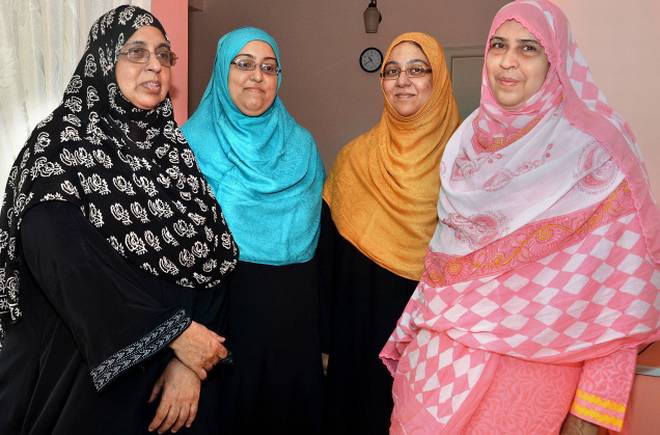KERALA :
The Kutchi Memons who came here in 1815 first settled in Mattancherry
Kochi:
If a phrase can describe the Kutchi Memon community in Kochi it is great cultural resilience. In rebuilding their lives, so far away from the place of their origin, the first generation Kutchi Memons here demonstrated a remarkable ability to flourish in the face of greatest of odds.
“I just wonder how they made it to Kochi,” says Javeed Hashim of the Abad Group of companies of his great grandfathers who arrived in Kochi from Kutch, in Gujarat early in the 19th century.
Would it have been by sea? Or, over land? Whichever way they came, they showed great spirit. The same spirit of perseverance and enterprise that stand them in good stead to this day. Mr. Hashim is just one example of the way generations of Kutchi Memons, a close-knit and mostly endogamous community, have rebuilt their lives in their new homelands becoming ever closer to the societies that accepted them and at the same time, keeping alive the flame of cultural identity and social coherence. he language is a big factor that has kept our identity intact, says Mr. Hashim. “At home I speak Kutchi, and the moment I am out, I have to switch either to English or to Malayalam,” he says. Kutchi is a language closer to Sindhi than Gujarati. The Kutchi Memons who came here in 1815 first settled in Mattancherry, the hub of business and nucleus of the old city. They have now spread out into other parts as the city grew over the decades.There are about 500 families of Kutchi Memons in Kochi, says Rasheed Usman, president of the Kutchi Memon Association.
Religious festivals like Eid and social occasions like marriages are times when the community cements its unity. On days of religious festivals there are family get-togethers at places that are fixed by communities in each locality, says Dr. Sadath Sait, a Homoeopath.
And marriage celebrations last more than a week with the pre-marriage celebrations bringing together relatives and friends in large numbers to the homes of the bride and groom. While the community members have more or less adopted the local dress code, the older people still love to wear their traditional dresses. Dr. Sait says that the Kutchis love their food and though have adopted the local food in many ways, the mix of masalas or the preparation of Biriyanis etc differ a lot from the local practices. The Kutchi Memon Association and the Cutchi Memon Jamath are engaged in both charity work and also in helping the more needy members of the community. The Kutchi Memon Association lays great stress on helping people to attain higher education, says Adam Essack, the Association Secretary.
The Kutchi Memons have made their mark both on the political and business fronts in Kerala. Ebrahim Suleiman Sait and G. M. Banatwala, both from the Kutchi Memon community are examples of great innings in politics.
source: http://www.thehindu.com / The Hindu / Home> National> Kerala / by K.A.Martin / July 25th, 2008









